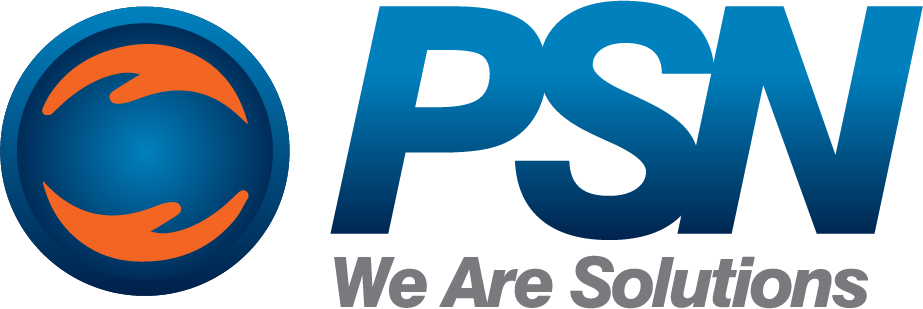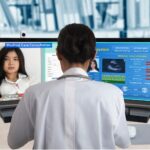No one graduates from a baccalaureate program in nursing today without at least one course and many instructor reminders about the importance of evidence-based practice (EBP). Modern computer programs have simplified the scientific process, allowing for easier data storage and analysis, resulting in the availability of faster results from studies.
So, not only do we have more timely access to scientific results today, but our patients are smarter, tech-savvy, and demand scientific details related to their care. However, the lag in time from scientific results to translation into practice can still take 10-20 years. For nurses, EBP is an essential component of modern practice because it keeps us current and links our decision-making about how to care for patients and families to research.
What does this mean for you?
Well, the days of practicing nursing a certain way “because the charge nurse told me to do it” or because “ my preceptor did it this way” or because “ we always do it this way” are over. Today, employed nurses in all settings are heavily involved in improvement processes that rely on evidence for practice changes. In fact, some of these processes are tied to promotion and advancement and many affect the bottom line of health care systems. In reality, nurses’ use of evidence can add value to a health system by improving patient outcomes, decreasing costs, or increasing revenue! In this way, both patients and employees become winners.
If you graduated from a nursing program greater than 10 years ago, it means you need to brush up on what EBP means, acquire the skills to implement it, learn how to integrate it into your practice, and finally, how to evaluate it. If you are a nursing leader, you also need to learn how to create a culture that supports and nurtures EBP for all nurses. There are many resources for learning about EBP: they include formal college courses, books (although the topic lends itself to more interactive discussions and practice) and journal articles, companies who provide health systems with consulting services associated with EBP integration, clinical instructors working with students on your units, involvement in health systems nursing research councils, and local/national workshops or conferences.
Doing nothing about EBP is NOT an option. In fact, the Institute of Medicine has established a goal that 90% of health care decisions will be supported by best available evidence by 2020. Knowledgeable nursing practice requires implementation of EBP. In essence, all nurses will need to appreciate EBP, increase their knowledge of it, and USE evidence to make health care decisions. And, fortunately, using EBP helps validate your decisions – making, allowing you to practice with confidence!
Some Tips for Incorporating EBP into your Practice
- For more experienced nurses currently working, access literature sources at your employment when caring for patients, take the time to talk with younger nurses about the value of EBP and what is needed to implement it. Better yet, get involved with nurse residency programs, or start an EBP council in your department.
- Ask colleagues who are involved in research or EBP councils for help and listen to students as they converse with their instructors about practice issues.
- Keep your eye out for ways you can get involved in EBP where you are already employed.
- For younger nurses who have had the benefit of learning about EBP during your nursing programs, help other nurses to incorporate EBP into practice by serving as role models, facilitating literature searches, pointing out ways that evidence might help a certain situation, or offering to be a unit champion for EBP.
- To learn more about EBP, examine the American Nurses Association (ANA) Research Tool Kit, the Academy of Medical Surgical Nurses (AMSN) EBP Modules, the Johns Hopkins Center for EBP and various other web-based resources. Many of these resources offer continuing education credit.
Finally, if your current job or the one you are aspiring to, requires any ongoing performance improvement or exemplars of best practices, highlight your EBP knowledge or past experiences with it to indicate your familiarity with EBP.
Remember, putting patients first means doing what is best for them – using the most compelling available evidence ensures that what is best for patients is practiced at the highest potential!
Joanne R Duffy PhD, RN, FAAN is a leading national expert on nursing leadership and evidence-based practice. She conducts research and guides students, nurses, health care providers, and organizations in using evidence as the basis for practice.
Nursing Research Matters(NRM)™ provides consulting and educational resources for health care leaders to advance evidence-based practice within healthcare settings. Are you looking for support in the design of organizational assessment, system integration, and practice change solutions to escalate the use of EBP in health systems? Contact [email protected] for a free one-half hour consultation to discuss your organizational needs.
Professional Services Network, Inc. (PSN) works with clients nationwide in the search and recruitment of experienced healthcare professionals in managed care and clinical roles for temporary assignments and direct hire opportunities. Additionally, PSN’s consultants work with organizations and providers seeking accreditation or re-accreditation with URAC or NCQA. For additional information regarding our services contact us at 301-460-4089 or email us at [email protected].





